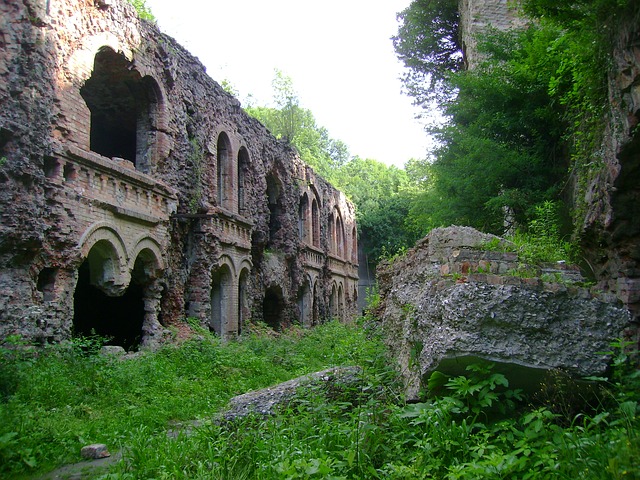 Many European politicians are comparing the Ukrainian situation with what happened in former Yugoslavia 23 years ago. Back then, Yugoslavia had similar problems that resulted in the creation of 6 new independent countries. Ukraine was always divided between the Western side of the country, which is oriented towards European Union, and the Eastern side that is much closer to Russia. That is likely the predominant reason for what is happening right now.
Many European politicians are comparing the Ukrainian situation with what happened in former Yugoslavia 23 years ago. Back then, Yugoslavia had similar problems that resulted in the creation of 6 new independent countries. Ukraine was always divided between the Western side of the country, which is oriented towards European Union, and the Eastern side that is much closer to Russia. That is likely the predominant reason for what is happening right now.
Even though this scenario is more likely the case, we must not forget that exactly 100 years ago Europe was faced with its largest crisis at that time, which led us to World War I. It is obvious why prominent politicians have feared that history will repeat itself and that this crisis will escalate into a situation more pronounced than civil war on the Ukrainian territory.
The United Nations and European Union are doing everything they can to prevent the conflict from mushrooming. Nonetheless, every day you can read statements referring to clash; and in almost all cases the situation is getting worse with reports of people getting killed in the Ukrainian civil war.
Navi Pillay, UN High Commissioner for Human Rights, recently stated that both sides need to stop using weapons, release the hostages and leave the buildings they have occupied.
The Ukraine presidential elections, which were held on May 25, 2014, established no guarantees that this tense situation would calm down, even though the elections appeared to have had wide support. Canada sent approximately 500 individuals to the Ukraine to help monitor the elections to ensure an open and fair process. The voting resulted in Petro Poroshenko being ushered in as President of Ukraine. Since then the billionaire president has increased taxes to finance an expanded military initiative to combat terrorist operations.
A few months ago the Russian Minister of Foreign Affairs, Sergei Lavrov, stated that “only Ukraine can solve their own crisis,” sending a clear message to the European Union and United States that they (Russians) don’t want anyone to interfere in resolving this problem. No one wants to admit that their side had some negative influence in what is today Europe’s biggest problem. Russians are blaming the West for this, and the West is doing the exact opposite. Meanwhile, Ukrainian people are being killed.
Earlier this year, on May 5, Moldova’s government put its borders on alert after 30 pro-Russian militants were killed. Moldova is the country geographically closest to this conflict, so it’s understandable why they are cautious.
The series of sanctions on Russia is hurting some large foreign corporations because of the worsening Russian economy, decline of the ruble and also a possibility of the crisis escalating. Eastern hostility towards Western products is always present, but in this case it can get even stronger. McDonald’s and Ford have already stated that the weaker ruble hurt their margins by 2 percentage points in the first quarter of 2014. Ford Sollers, a joint venture between Ford and Russian carmaker Sollers, decided to release 700 employees in its plant near Sankt Petersburg due to tight economic conditions. The weaker ruble has made it more costly for foreign corporations that operate in Russia to use the currency for import of necessary goods. Vladimir Putin, on the other hand, warned representatives of the USA and EU that he will reconsider participation of Western companies in Russia’s economy if sanctions continue. Vladimir Zhirinovsky, member of Russian parliament, already demanded that McDonald’s leave Russia. The Visa credit card company stopped providing services to Russian customers in March, but later continued its operations in this area.
Amid an already tense situation in war-torn Ukraine, Malaysian Airlines MH17 was destroyed by a surface-to-air missile on July 17, 2014. All 298 on board were killed. It is believed that separatists who later obstructed a review of the wreckage shot down the plane. The incident has only served to put a larger cloud on commercial activity in the region.
Nonetheless, some foreign companies have experienced increased revenue during this period. For example, PepsiCo Inc. recorded a 10% revenue increase in Russia. For some companies this crisis is “very good.” Raytheon Company CEO Thomas Kennedy stated that tensions between Russia and Ukraine have boosted demand for the weapon maker’s products in Eastern Europe. In what is admittedly a horrible situation, the continuing conflict could lift the earnings of companies in the defense sector.

